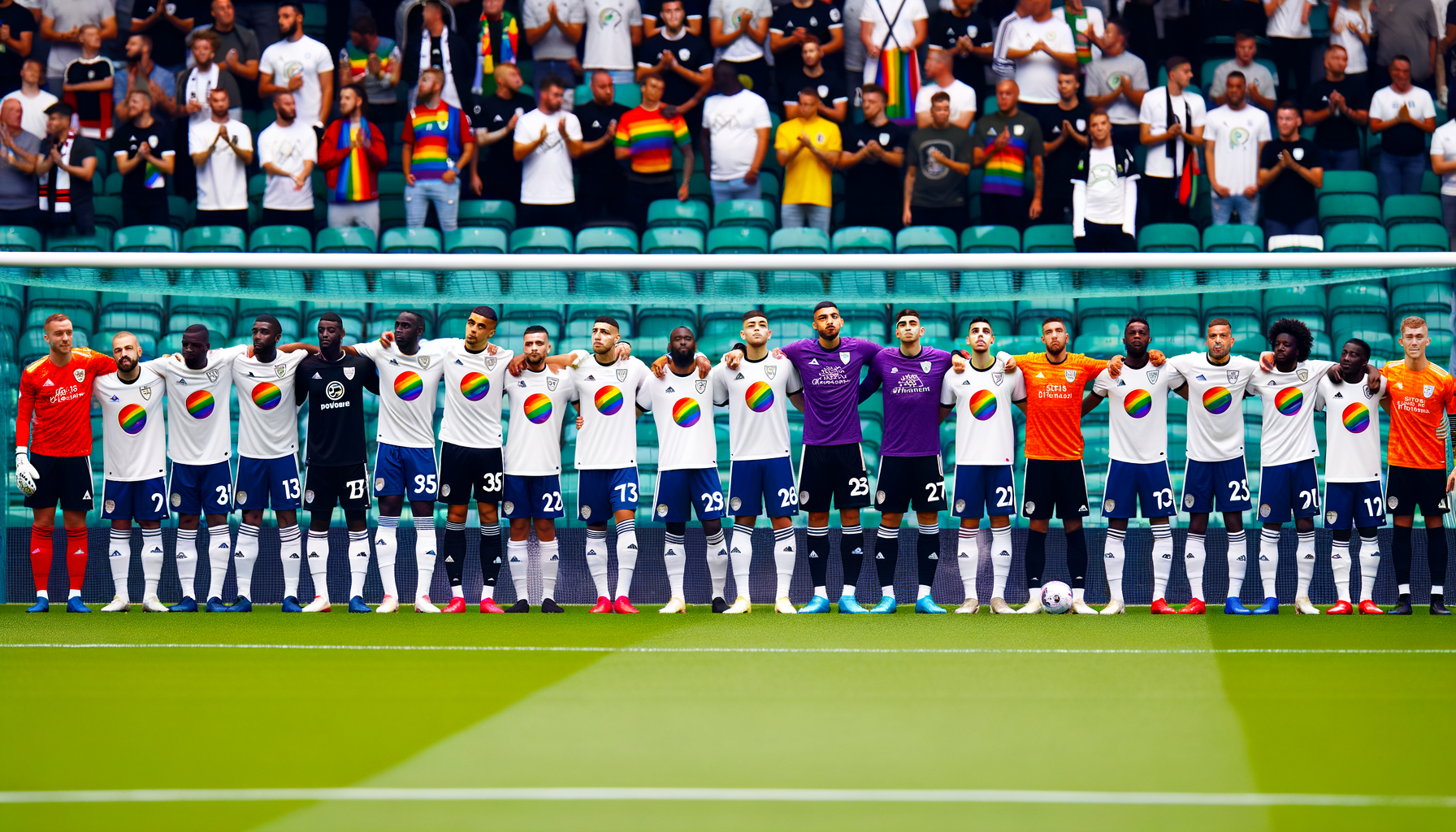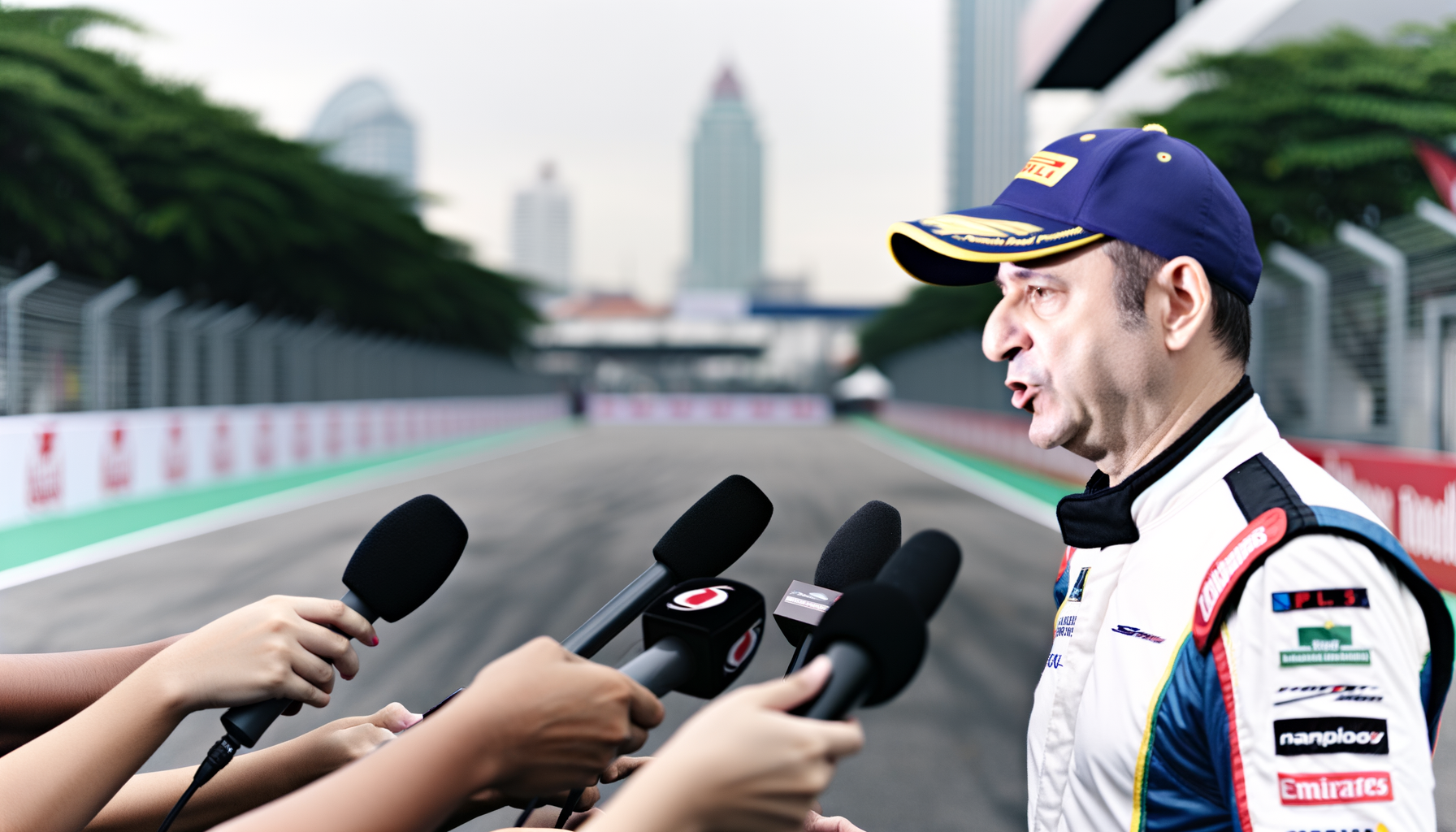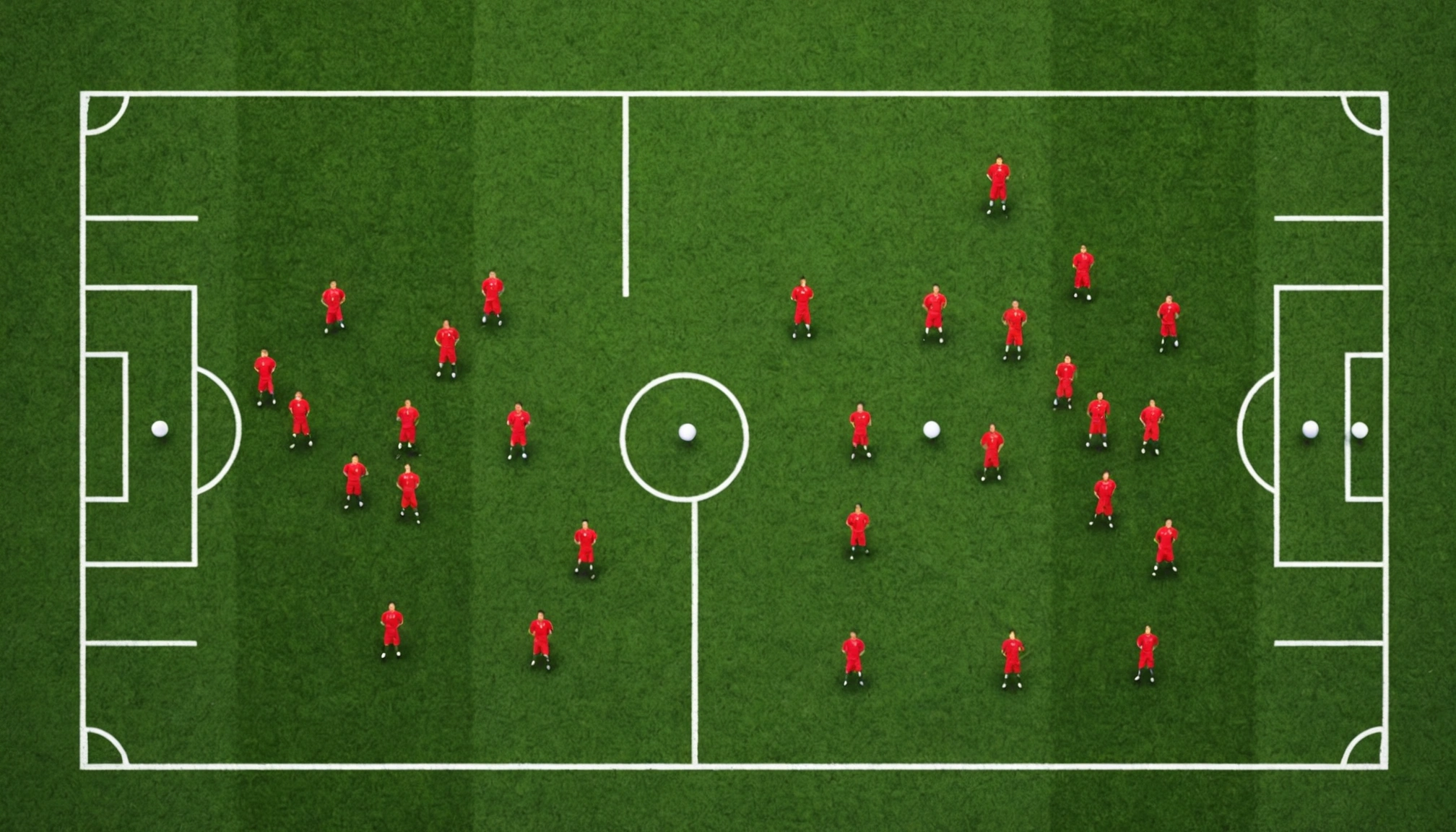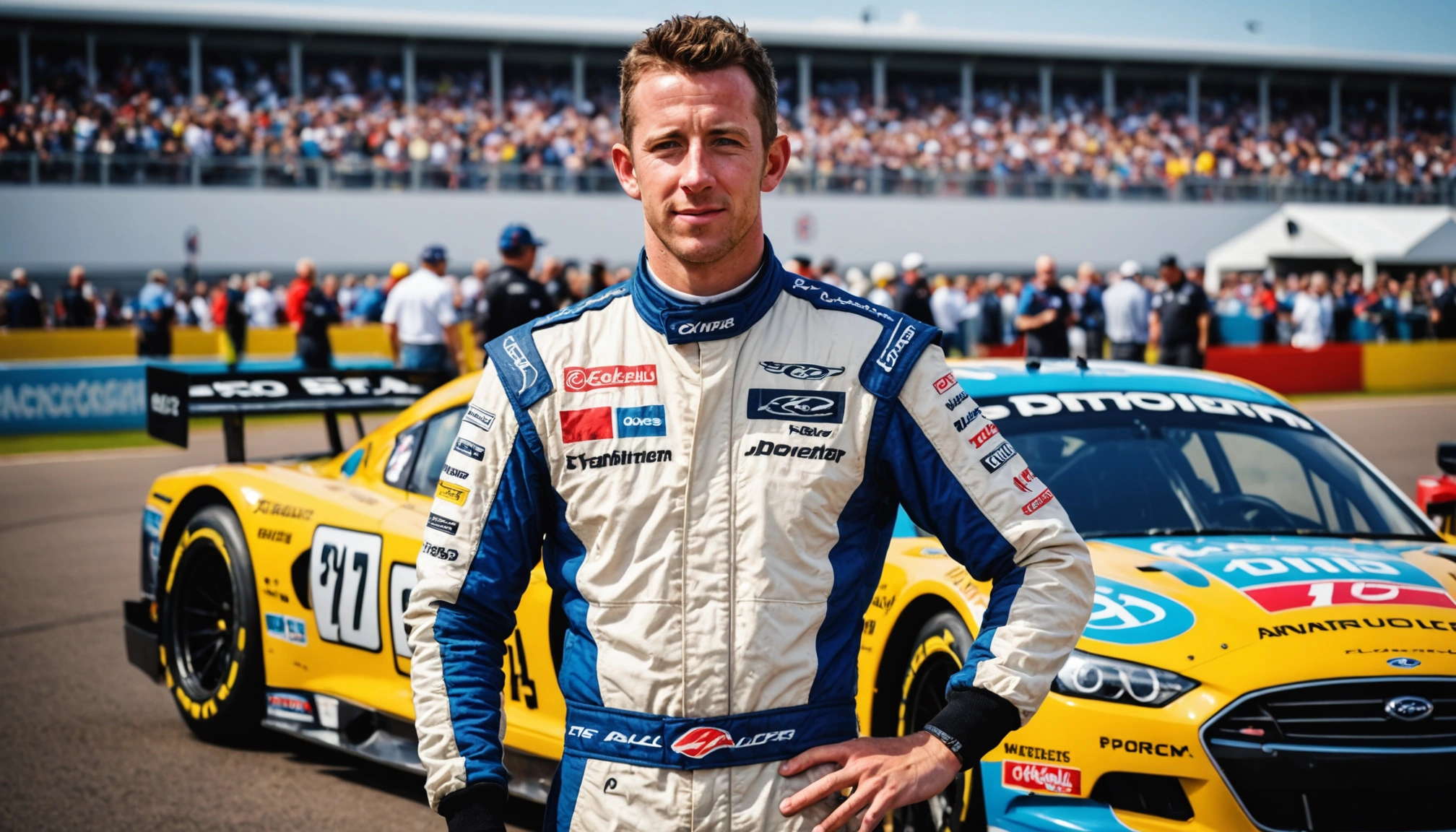Tackling Homophobia In Football: Progress And Challenges
Explore the ongoing battle against homophobia in football, highlighting key voices like Josh Cavallo and the steps the sport must take to become inclusive.

By Editorial
The current landscape of homophobia in football
Football remains one of the most popular sports in the UK and worldwide, but despite its global appeal, it continues to struggle with issues of homophobia. Josh Cavallo, who made headlines by coming out as gay while playing professionally in Australia, recently spoke candidly about the "mountains to do" football faces to tackle this problem effectively. His insights offer a sobering reminder that the sport is far from inclusive for LGBTQ+ players and fans.
Why homophobia persists in men's football
Homophobia in football often stems from deeply entrenched cultural norms within the sport. The traditional image of footballers as hyper-masculine figures discourages open discussions about sexuality. Many players fear backlash from fans, teammates, or sponsors, which contributes to a hostile environment for those who identify as LGBTQ+. The stigma is not limited to players but also extends to supporters in stadiums, where homophobic chants and slurs still occur.
Such toxic behaviour is not only damaging on a personal level but also affects the sport's reputation and growth. As Cavallo noted, the journey towards acceptance involves dismantling these stereotypes and creating safe spaces.
Examples of progress and ongoing challenges
While the problem is significant, there have been encouraging signs. Players like Josh Cavallo and Jake Daniels, who came out while playing in England's professional leagues, have helped increase visibility and challenge stigma. Campaigns such as Rainbow Laces, endorsed by the Premier League and other organisations, promote inclusivity and encourage fans to support LGBTQ+ rights within football.
However, these efforts have yet to eradicate homophobia. For instance, incidents of discriminatory behaviour in matches still surface in both grassroots and professional levels. Addressing this requires consistent action from clubs, governing bodies, and fans alike.
How clubs and organisations can lead change
Football clubs must take active roles in creating inclusive environments. This involves training staff and players to recognise and combat homophobia and establishing strict policies against discriminatory behaviour. Educational programmes can help break down prejudices and foster empathy within teams.
Governing bodies such as the Football Association (FA) and Premier League also play critical roles. By enforcing penalties for homophobic abuse and supporting campaigns like Stonewall’s Rainbow Laces, they signal zero tolerance for discrimination. For those interested in the broader football scene, the Comprehensive Guide To UK Football Leagues And Teams offers insight into how inclusivity varies across levels.
The importance of role models and visibility
Visibility of openly gay footballers is crucial to changing perceptions. When professional players come out, they challenge stereotypes and offer hope to young fans who might be struggling with their identity. Josh Cavallo's bravery in Australia has inspired conversations in the UK and beyond.
Moreover, role models encourage clubs to adopt inclusive cultures, showing that a player’s sexual orientation does not affect their ability to perform. The journey may be slow, but every public figure who speaks out adds momentum to the movement.
What fans and communities can do
Fans have a powerful voice in shaping football culture. By refusing to tolerate homophobic chants and reporting abuse, supporters can help make stadiums safer and more welcoming. Community groups and fan clubs also play a role by organising events that celebrate diversity and educate others.
Creating a positive fan culture benefits everyone involved — players, officials, and fellow supporters. For example, campaigns promoted during major tournaments have shown how powerful collective action can be in reducing abuse.
Looking ahead: The future of football and inclusivity
Football’s path to becoming fully inclusive will be challenging but necessary. Continued advocacy, education, and policy changes are essential to overcome the "mountains" Cavallo referred to. With sustained effort, the sport can transform into an environment where every player and fan feels valued regardless of their sexuality.
For those following UK football closely, the Manchester United scores and fixtures guide 2024 25 season is a great resource to stay engaged with the game while supporting inclusivity initiatives.
Conclusion
Homophobia in football is a persistent issue, but voices like Josh Cavallo’s illuminate the path forward. Football has made strides, but much work remains to create a truly inclusive sport. Through combined efforts of players, clubs, governing bodies, and fans, football can become a beacon of acceptance and diversity.
To learn more about how sports intersect with social issues, check out our piece on Jack Leslie honoured with posthumous England cap for breaking barriers, highlighting another significant step in football’s ongoing journey toward equality.
Related topics
Editorial
Sports expert at SportsScoop
Specialist in sports analysis and journalism
Related articles
Want to read more?
Explore our comprehensive collection of sports articles and analysis, or contact us for more information.



